THE KENSINGTON CLUB
Our New Early-Stage
Memory Care Program
The Kensington Reston is a leading senior living provider of best-in-class memory care. Our experience has shown that memory loss is as unique as each resident we serve. Although the progression of decline is often predictable, its pace and how it affects individuals are not. So, we strive to “catch” telltale symptoms as early as possible and then take immediate, personalized steps to preserve existing cognitive ability.
To that end, we are pleased to introduce The Kensington Club, our unique early-stage memory care program for new and current assisted living residents experiencing mild changes in cognition. It features a strong relationship-based focus, peer support, sensory movement and family participation. Our professionally trained team provides individualized support that increases resident confidence, comfort and trust.
— Features of The Kensington Club —
Small-group setting
Brain wellness, cognitive exercises and learning experiences
Expressive arts and music therapies
Body movement programs, such as yoga, tai chi and dance
Volunteerism and intergenerational activities
Journaling, meditation and mindfulness
Outings to local museums, restaurants and parks
Resident and family caregiver support groups
Discussions, educational workshops and guest lectures
How The Kensington Club Can Support You and Your Loved One
Boost Social Health
The Kensington Club provides an environment where residents can interact and engage together through activities and specialized programming. With this loving and supporting group, this approach allows seniors to make new connections in a positive setting.
A Resource for Caregivers and Families
The Kensington Club is a program that not only strengthens the mental and physical well-being of senior loved ones, but also allows caregivers and families to have peace of mind knowing that their loved ones are in caring, capable hands. This is an opportunity for caregivers to recharge and refresh.
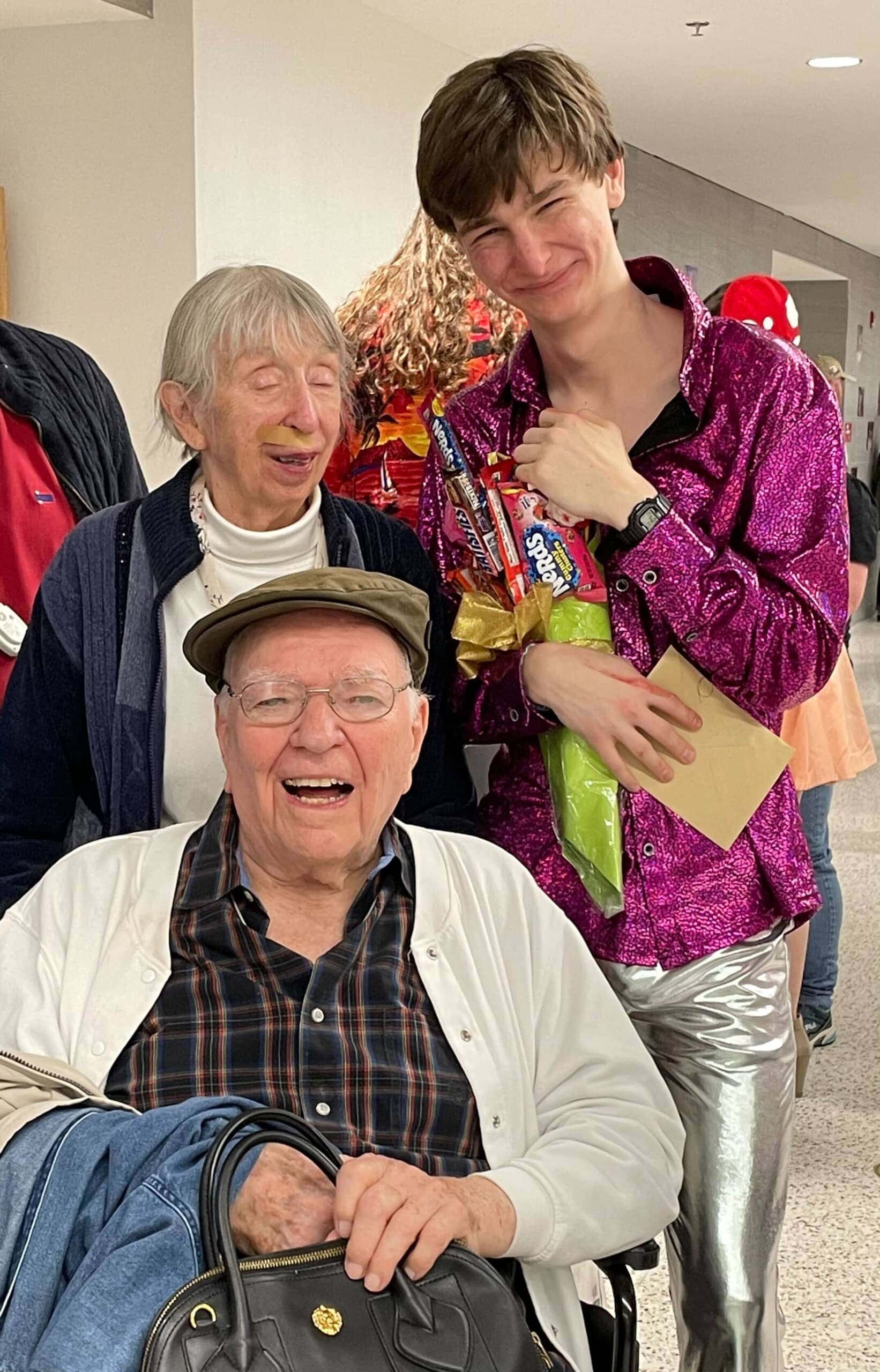
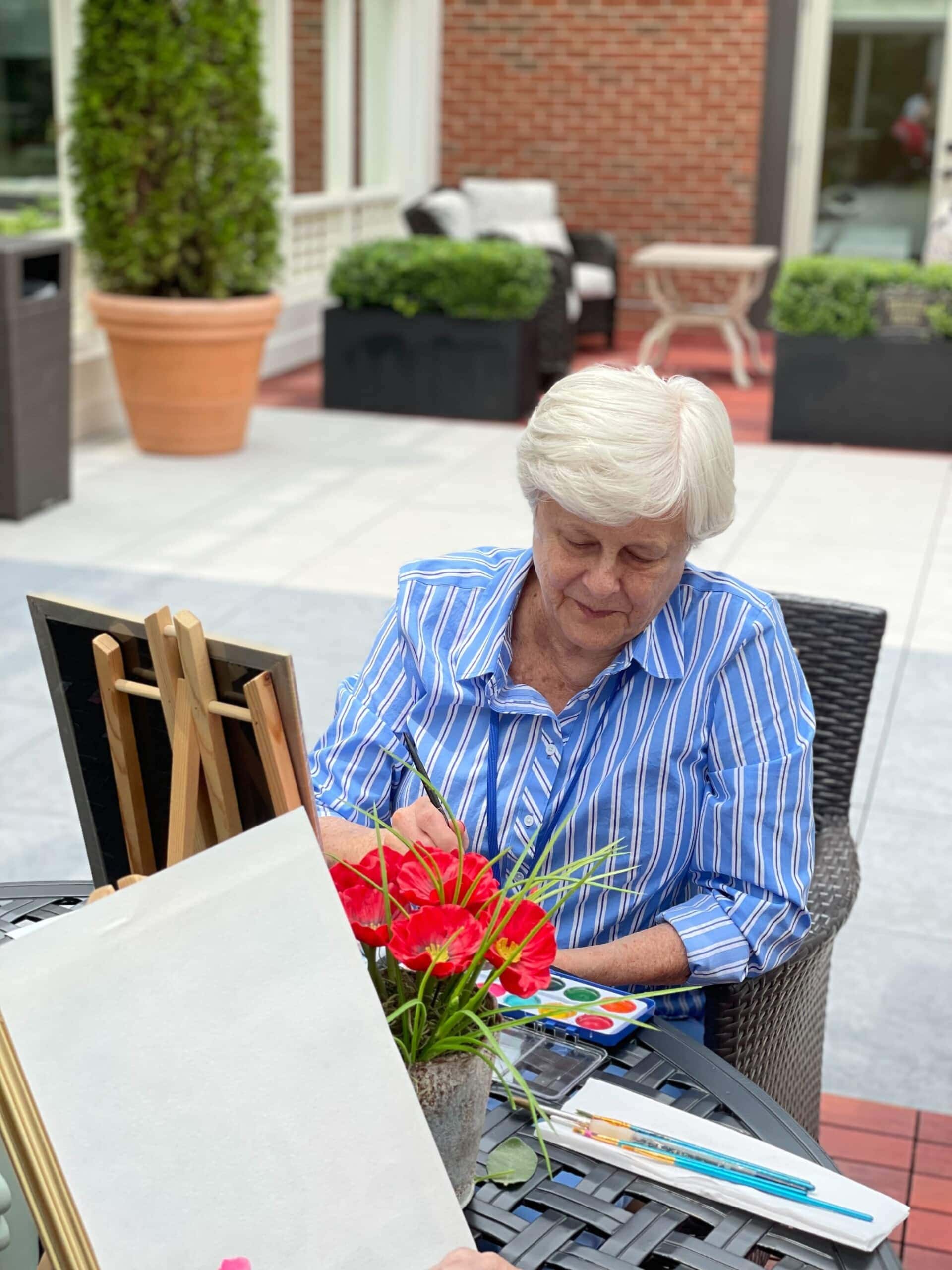
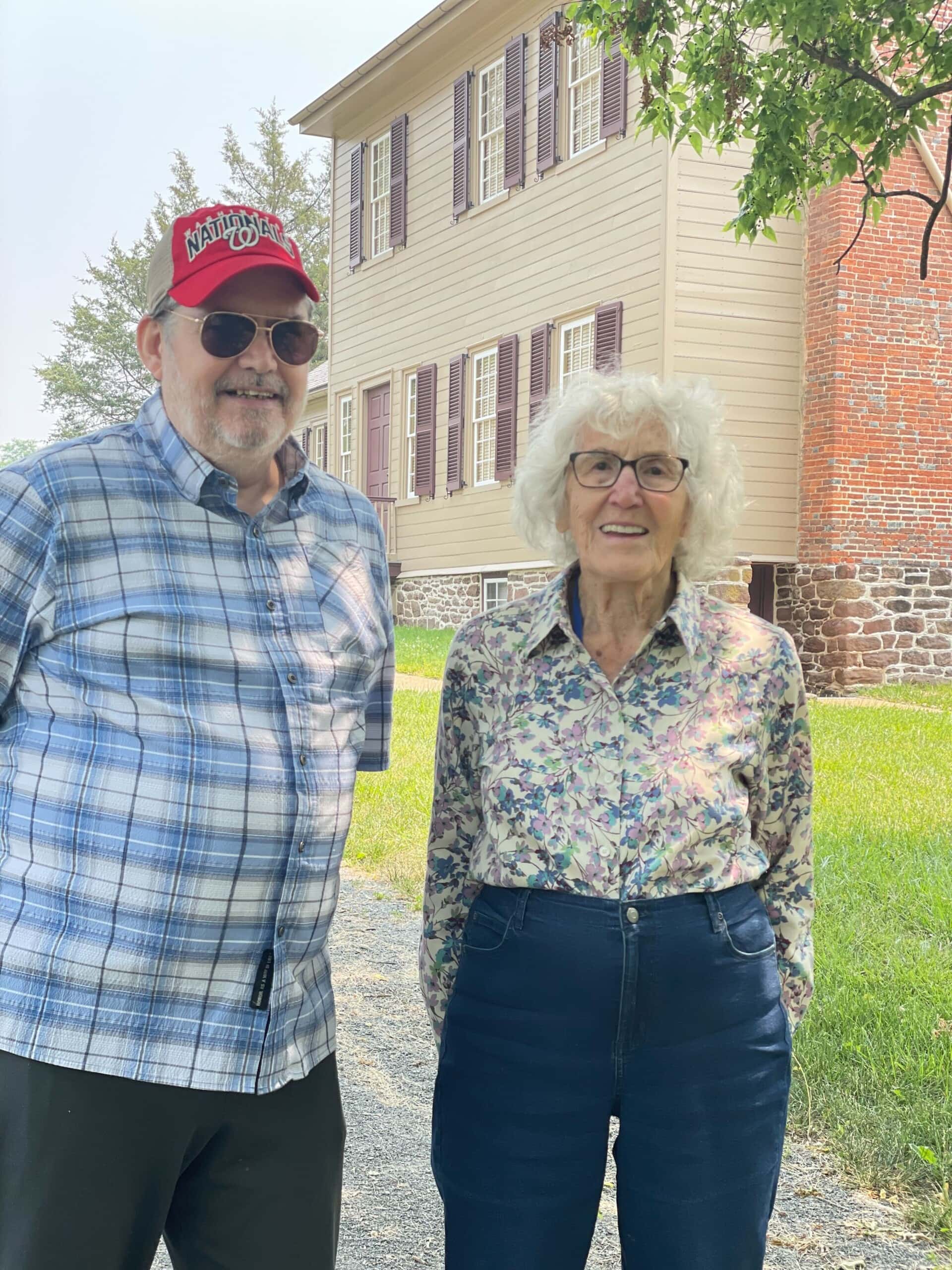
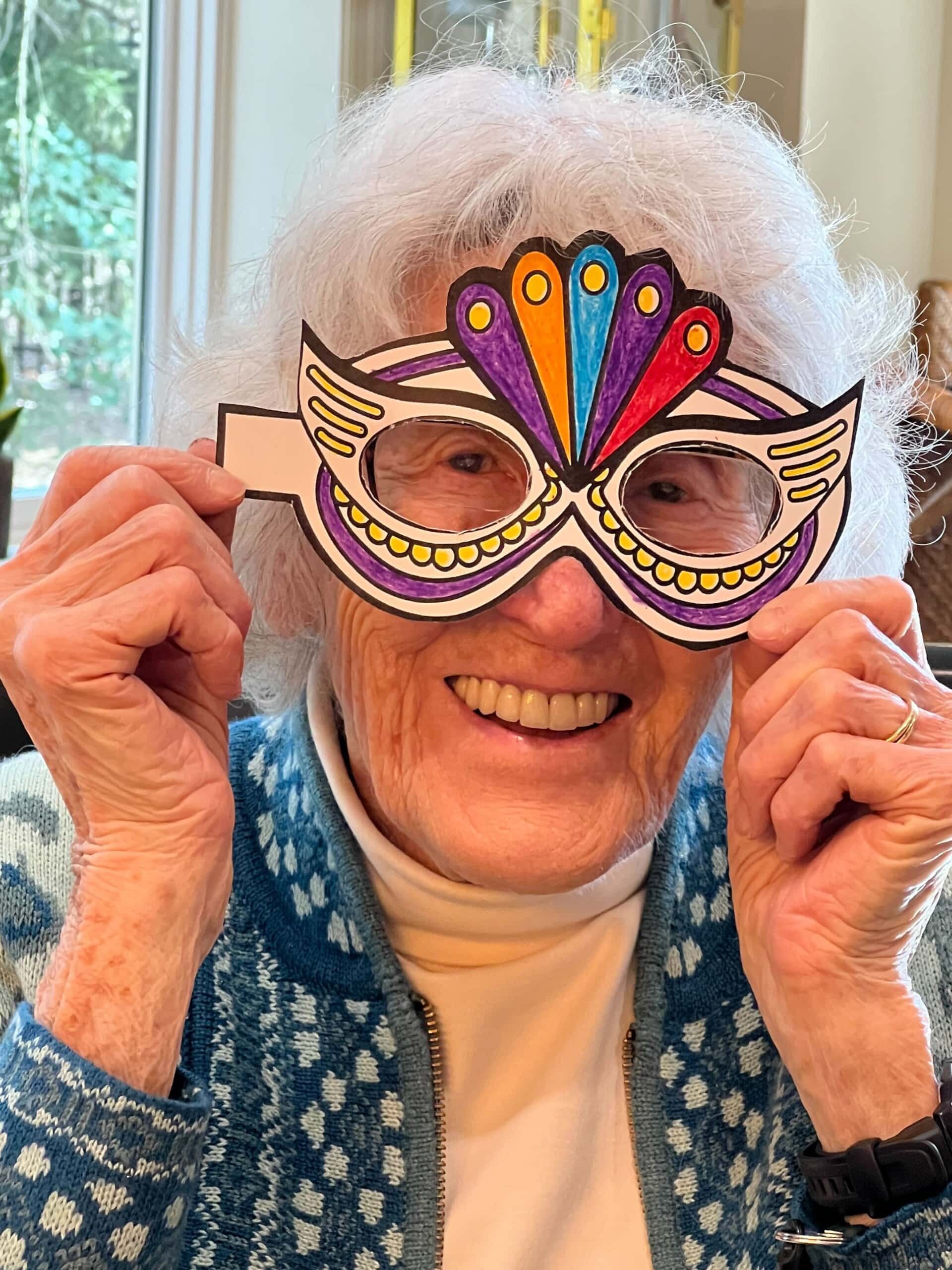
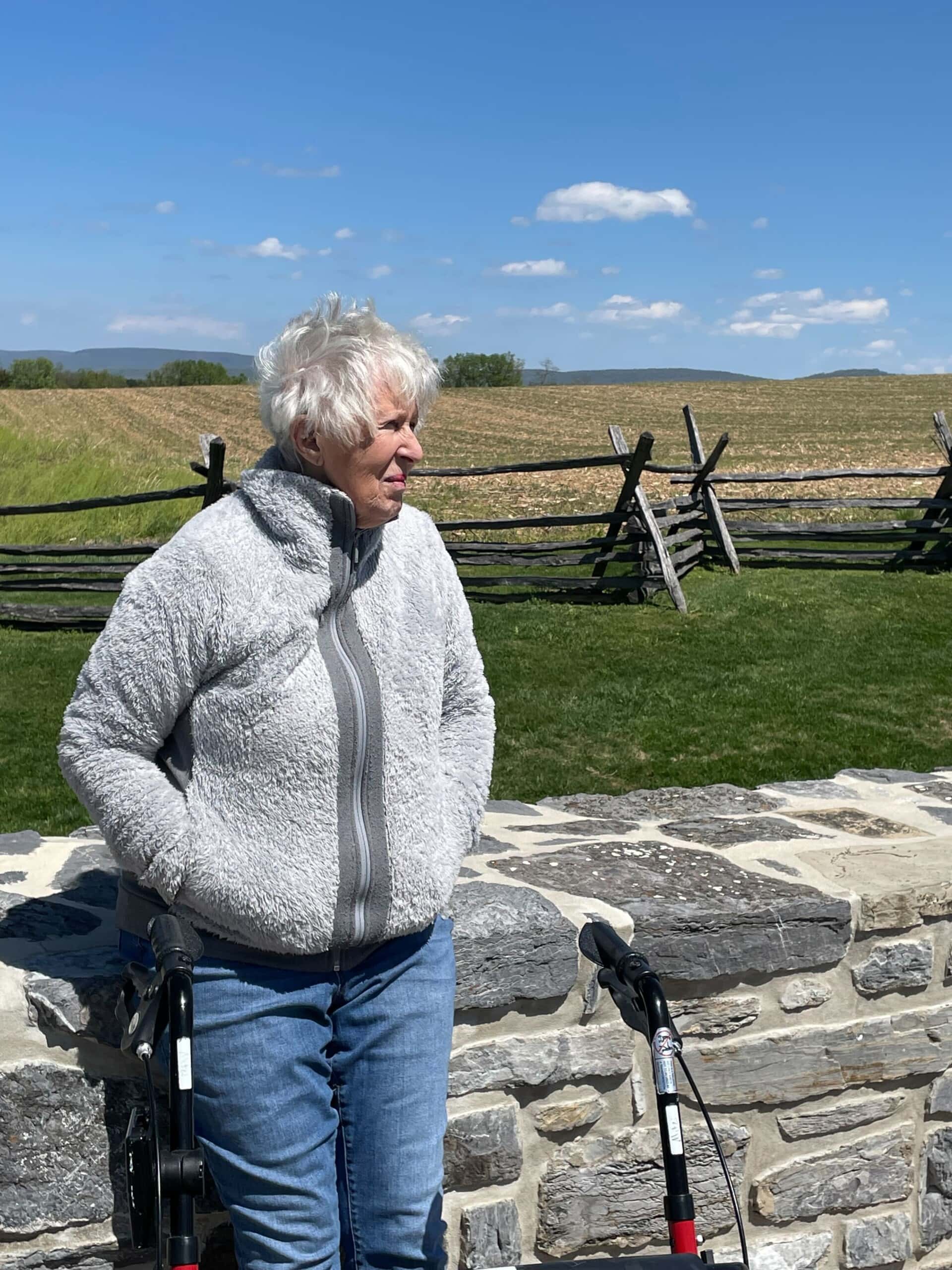
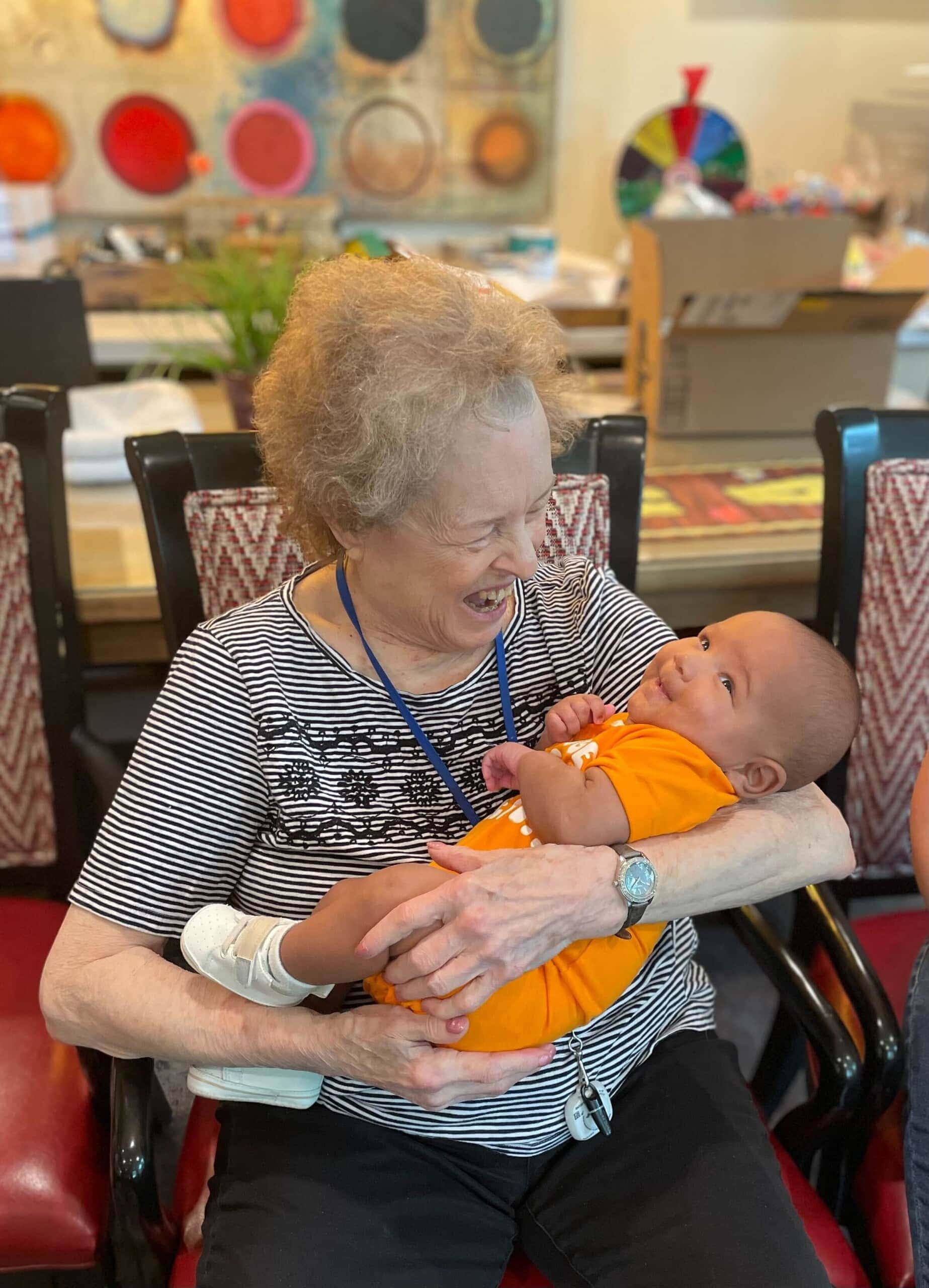

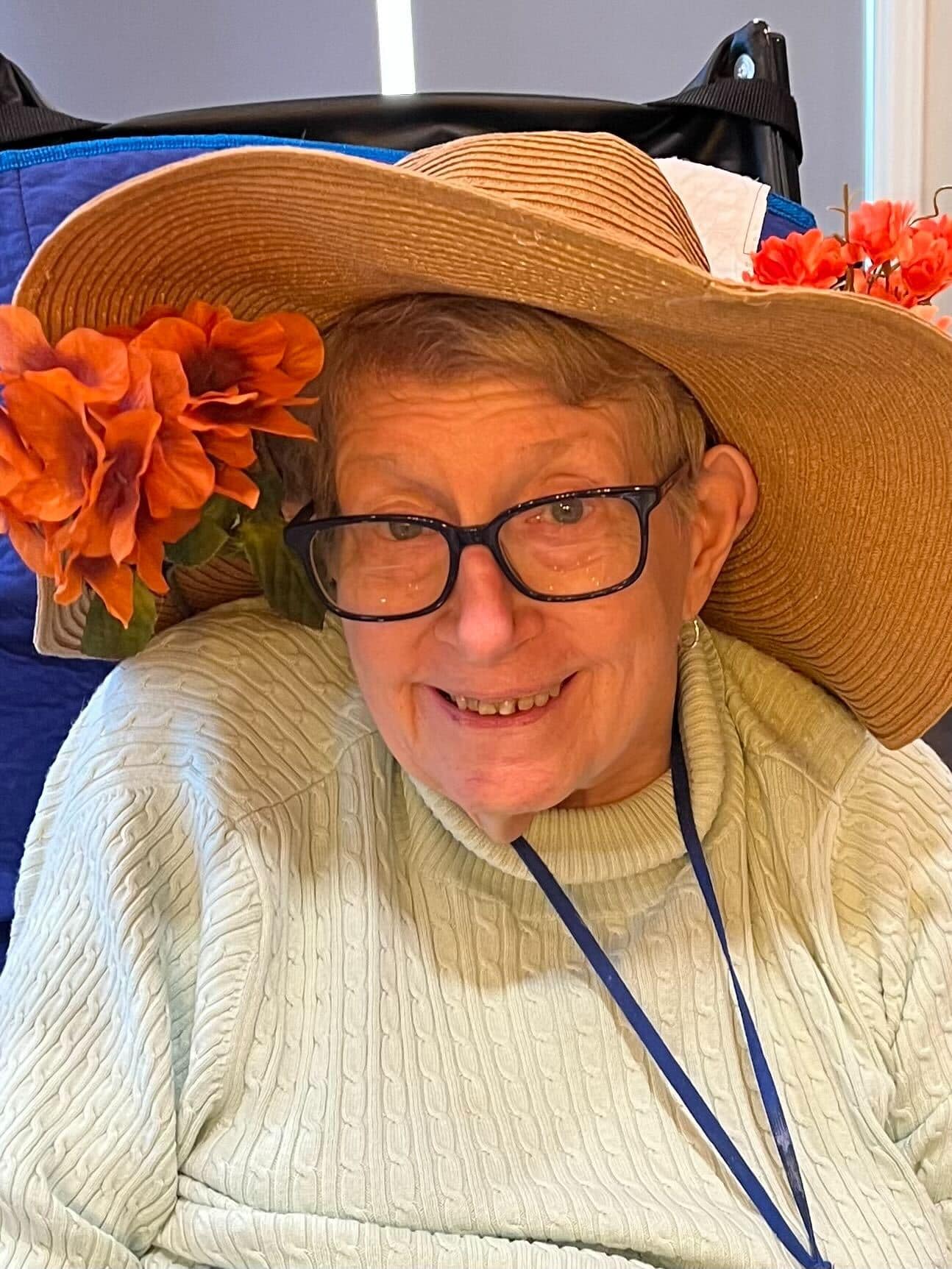
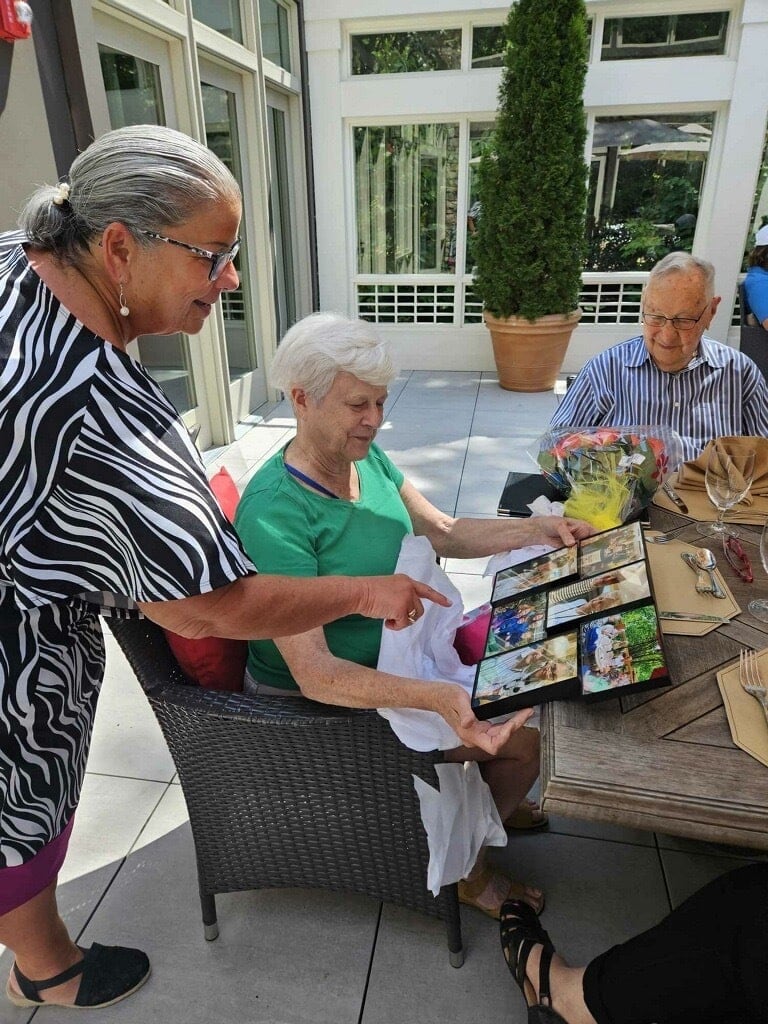
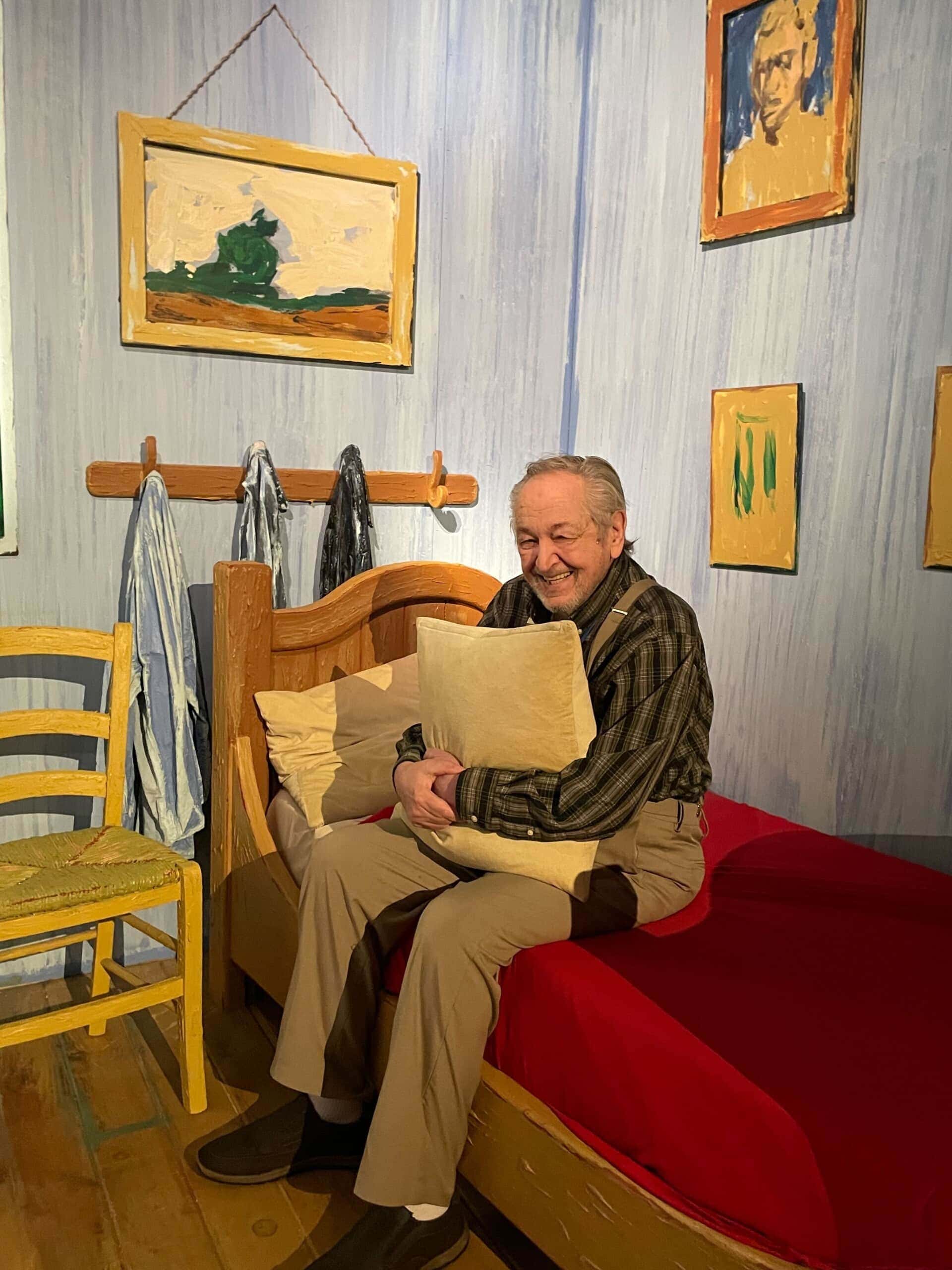
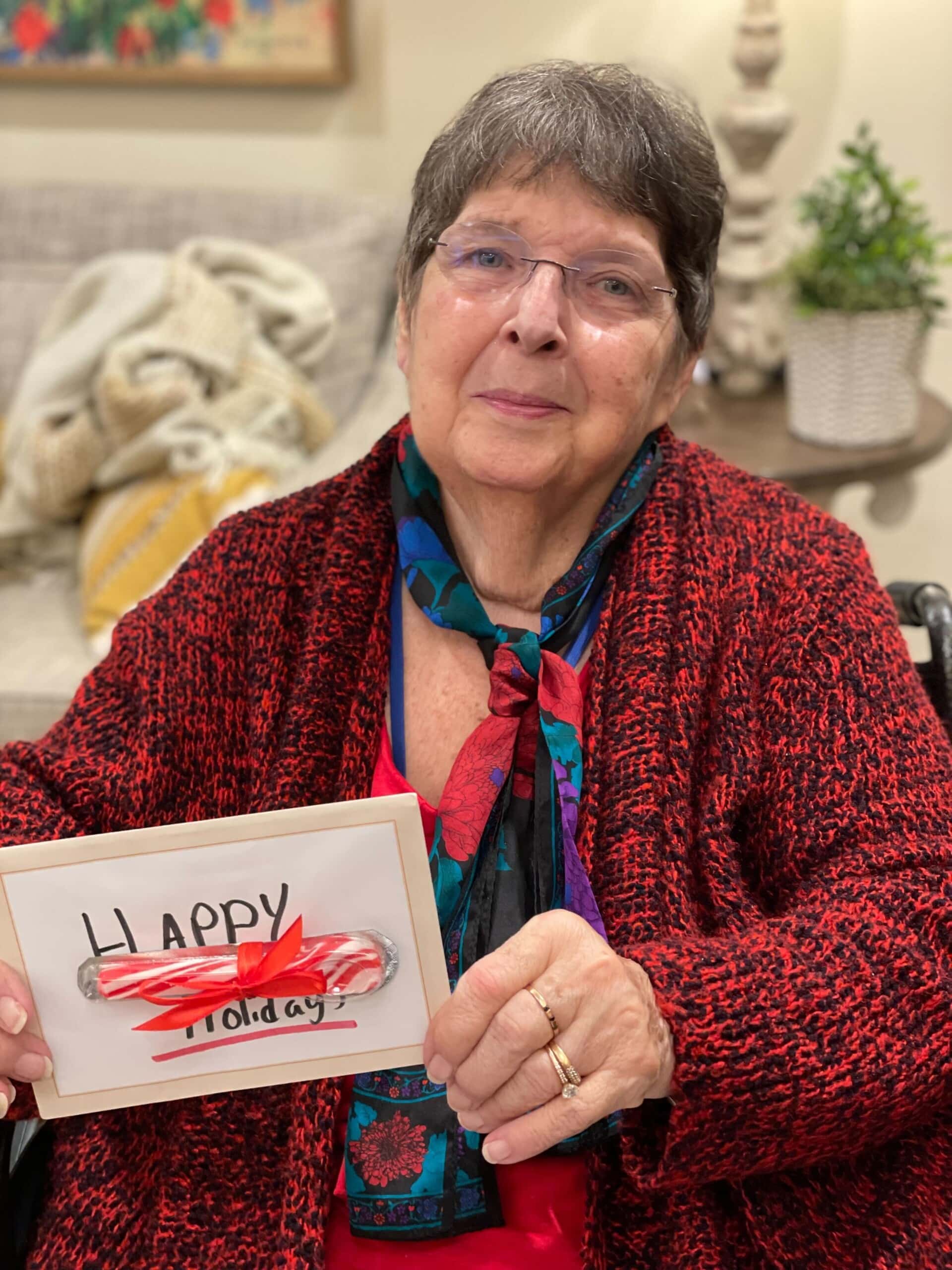
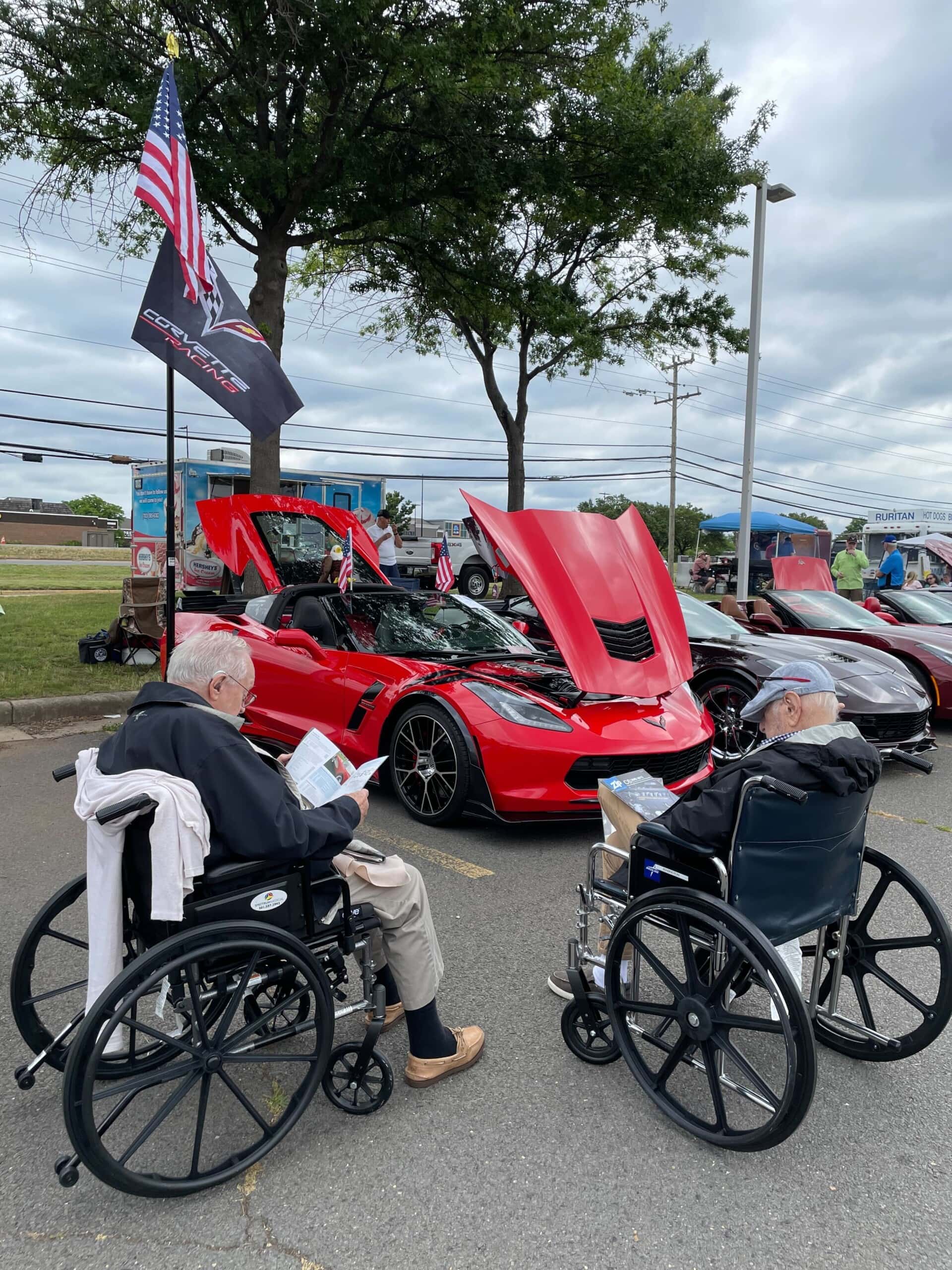
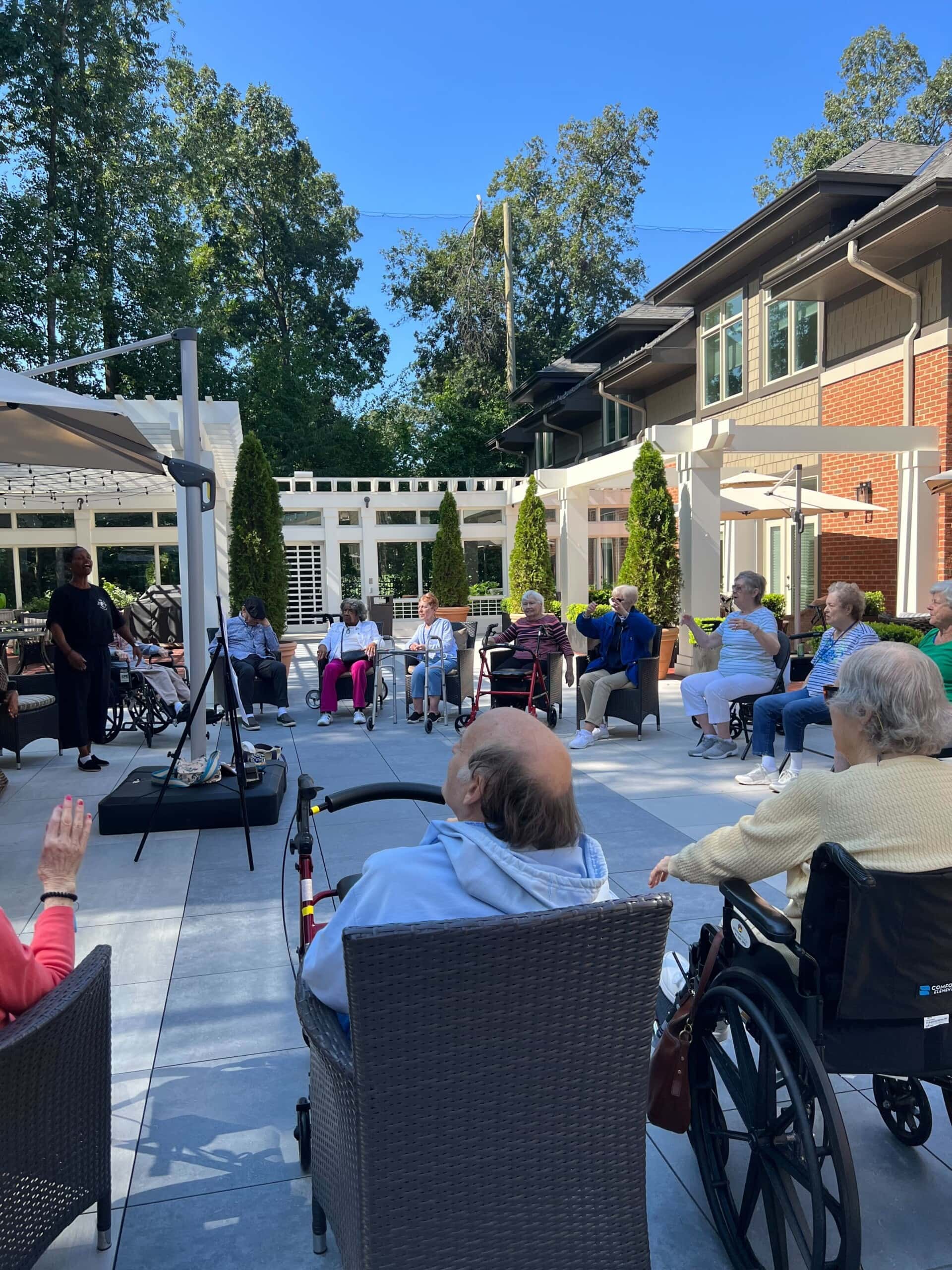
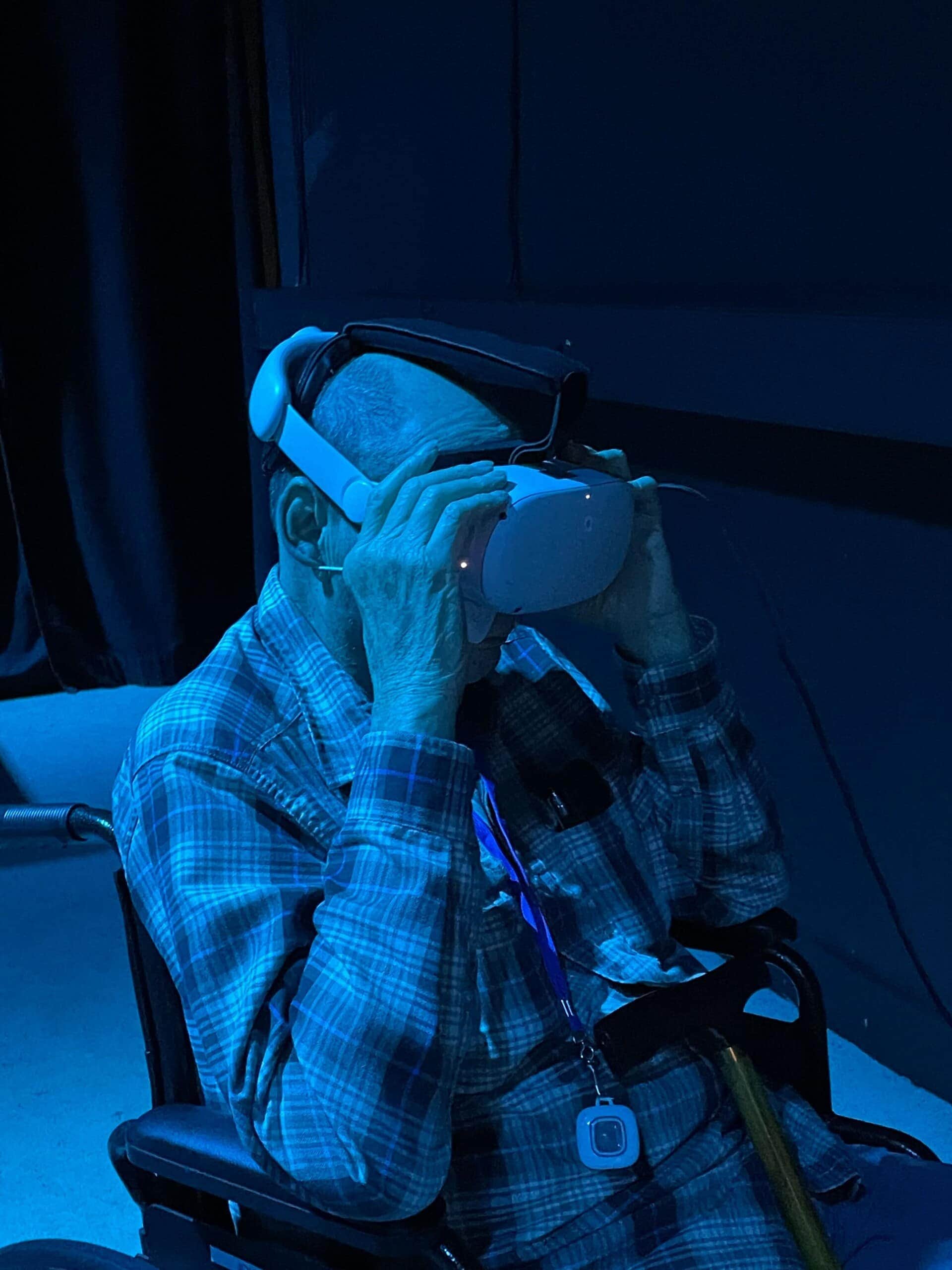
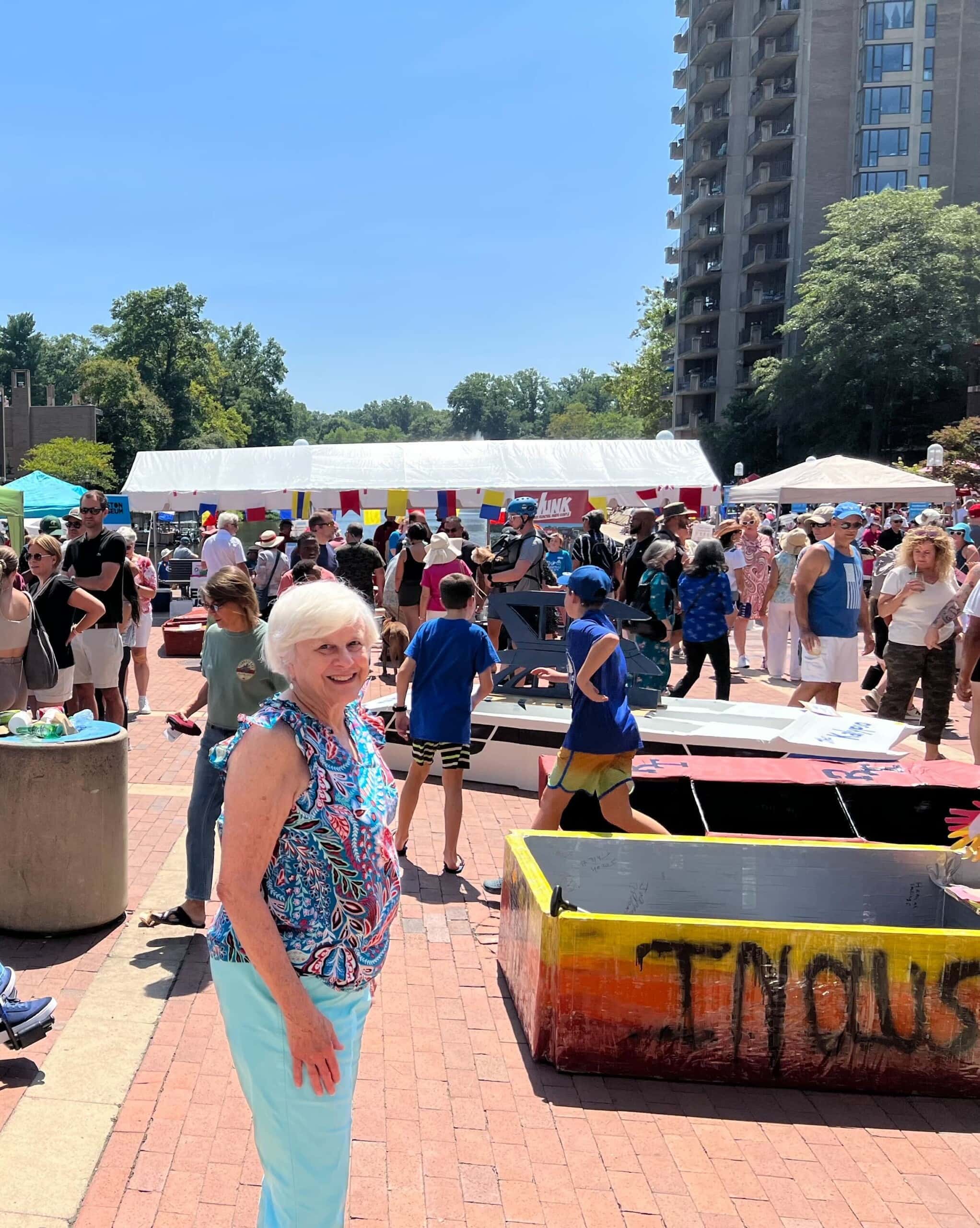
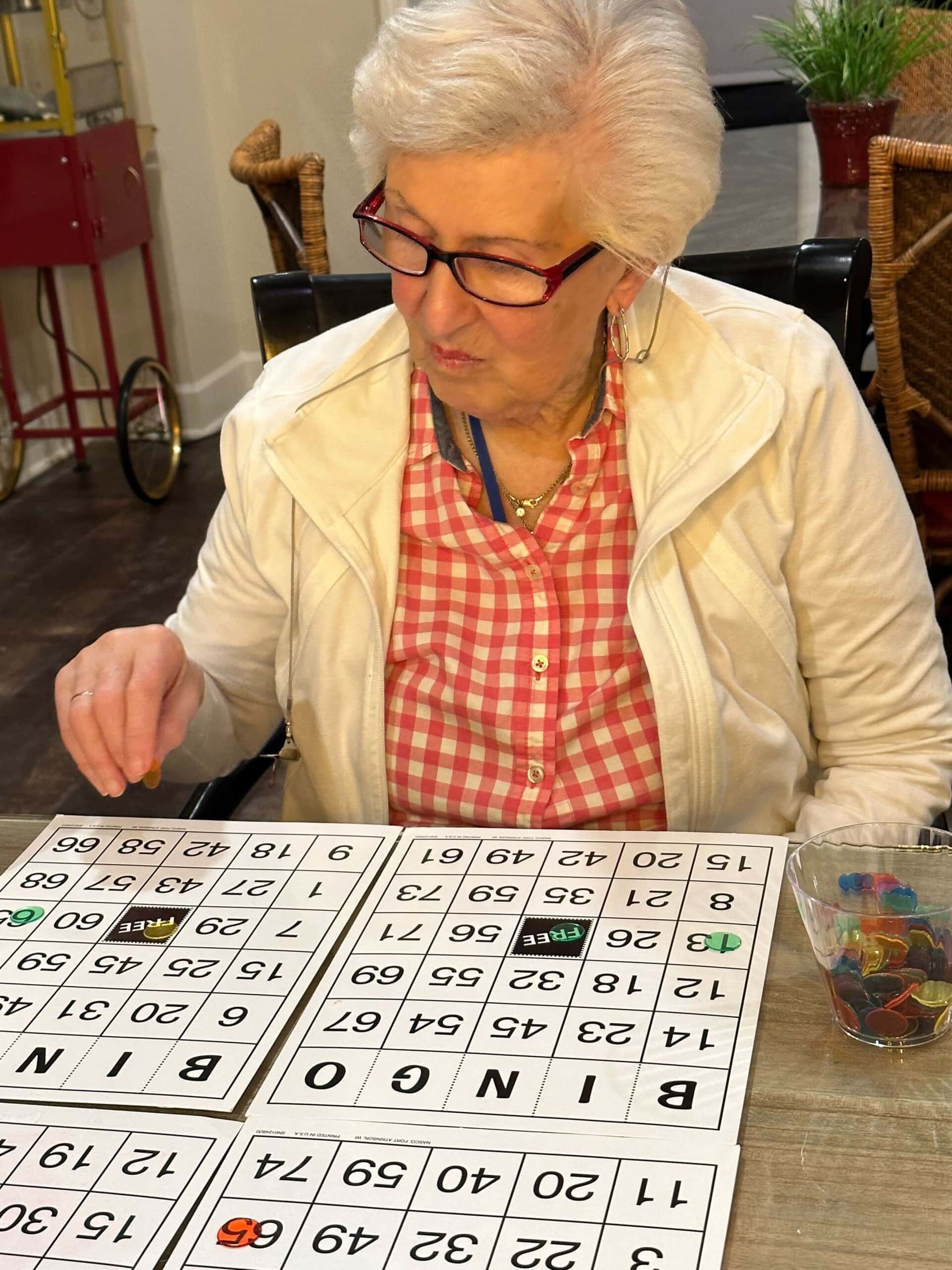
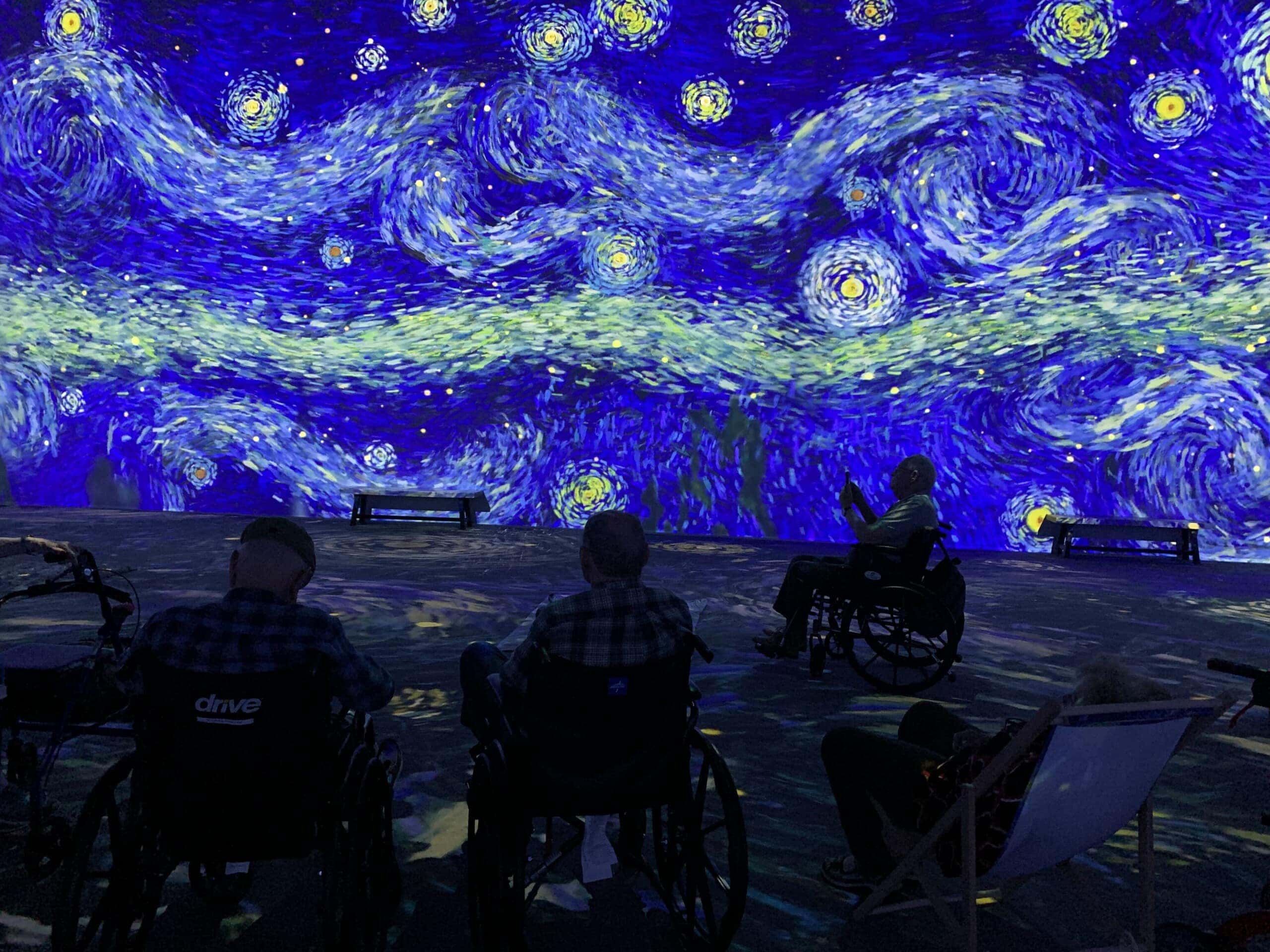
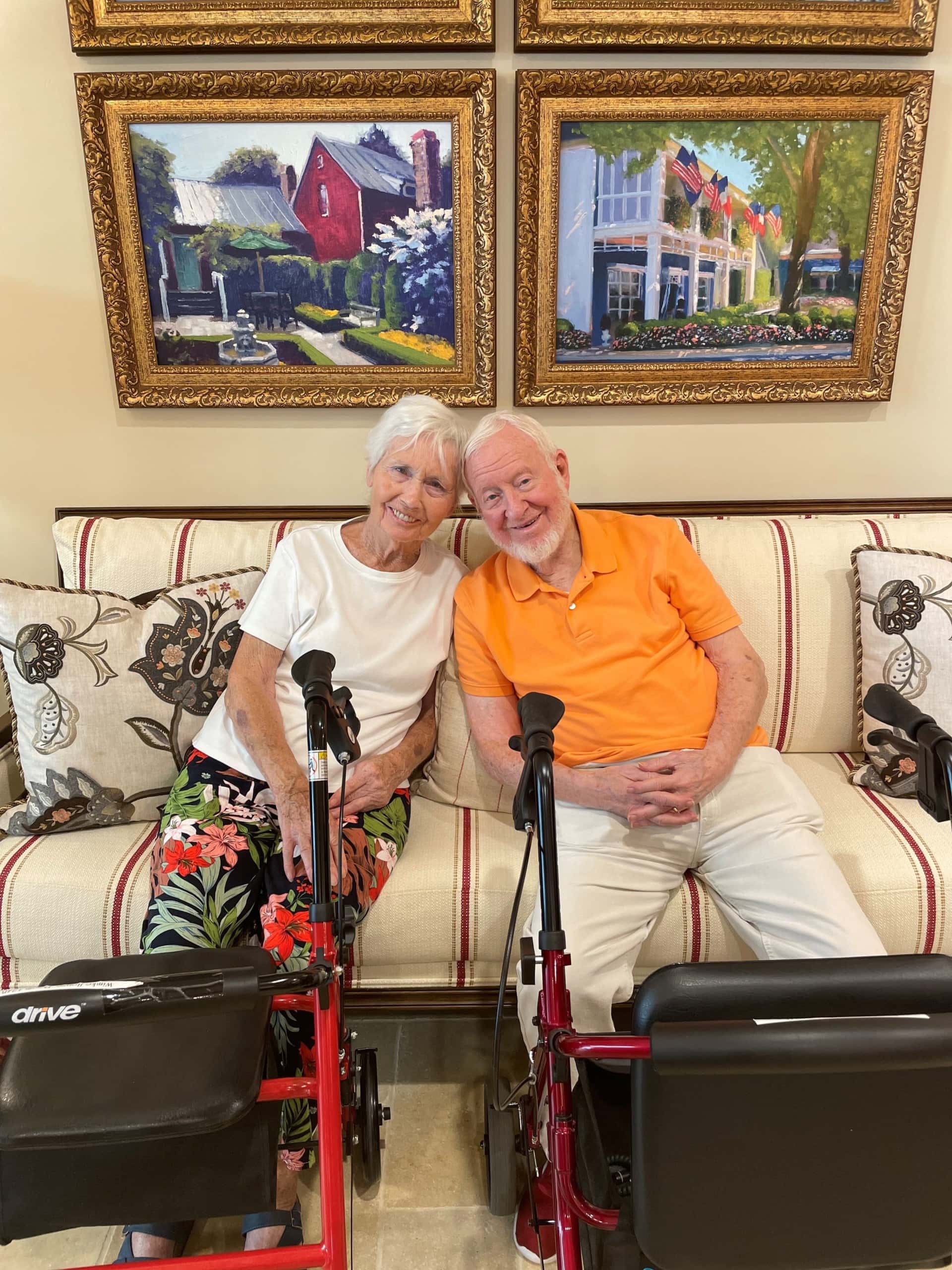
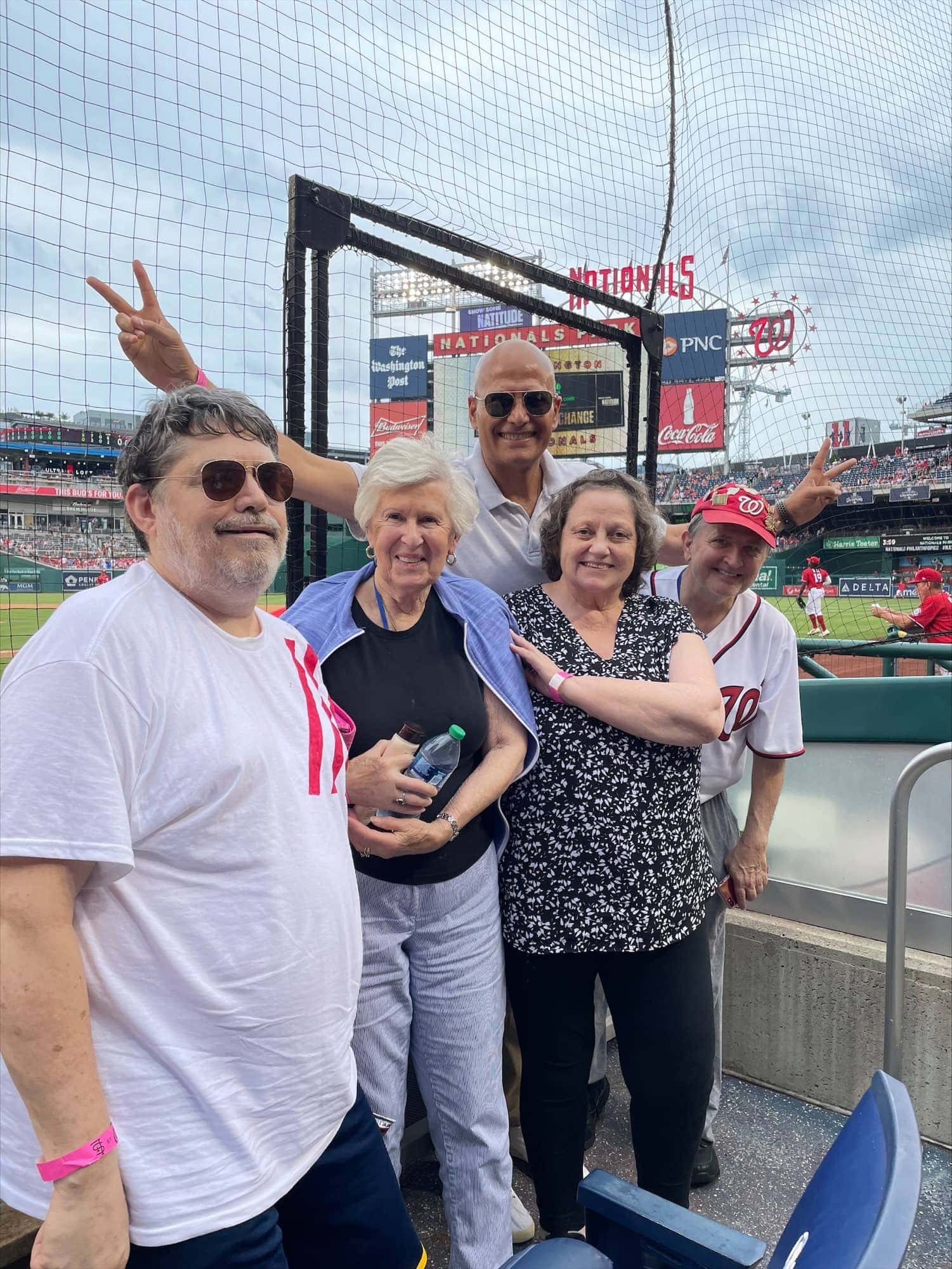
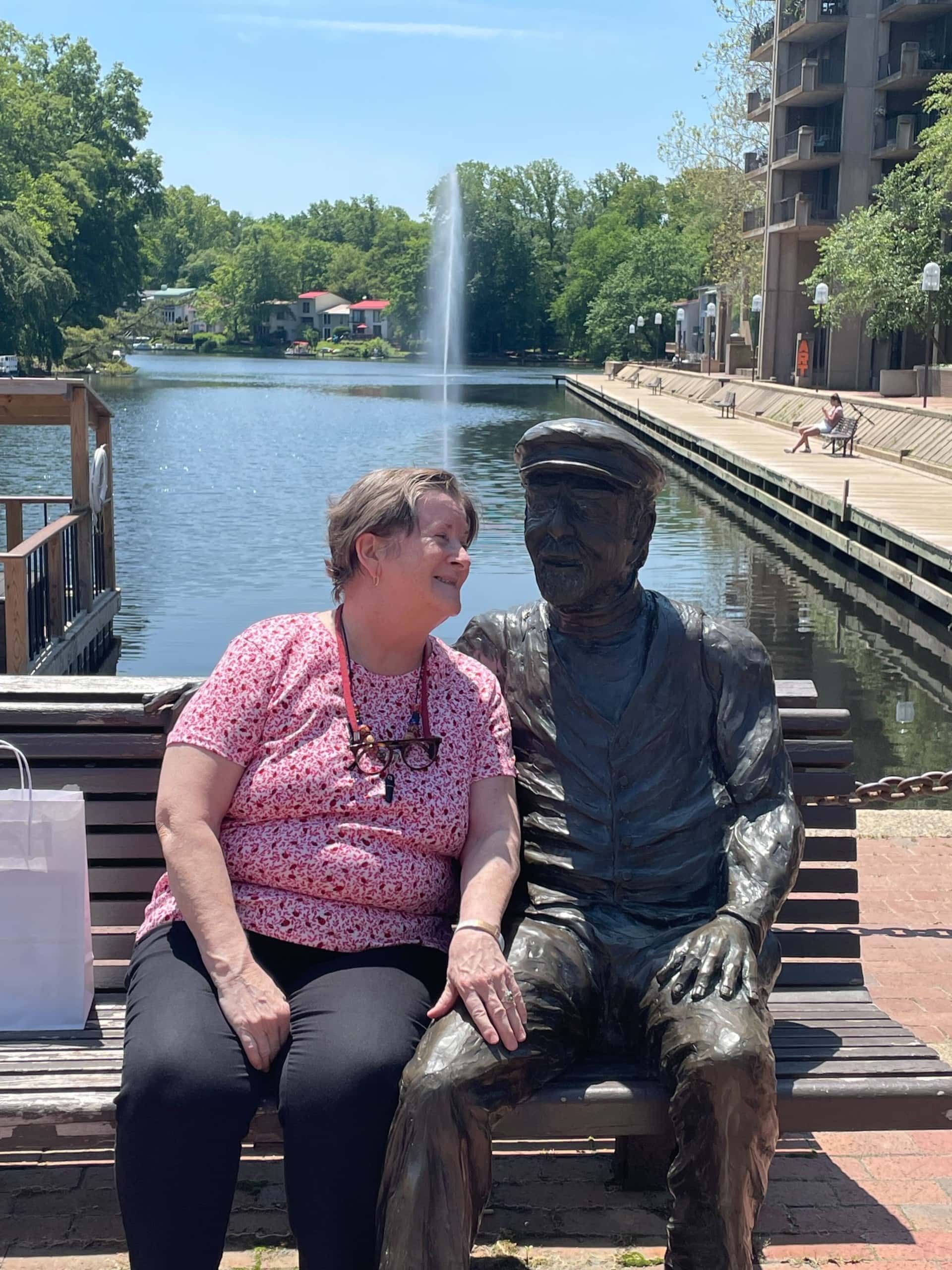
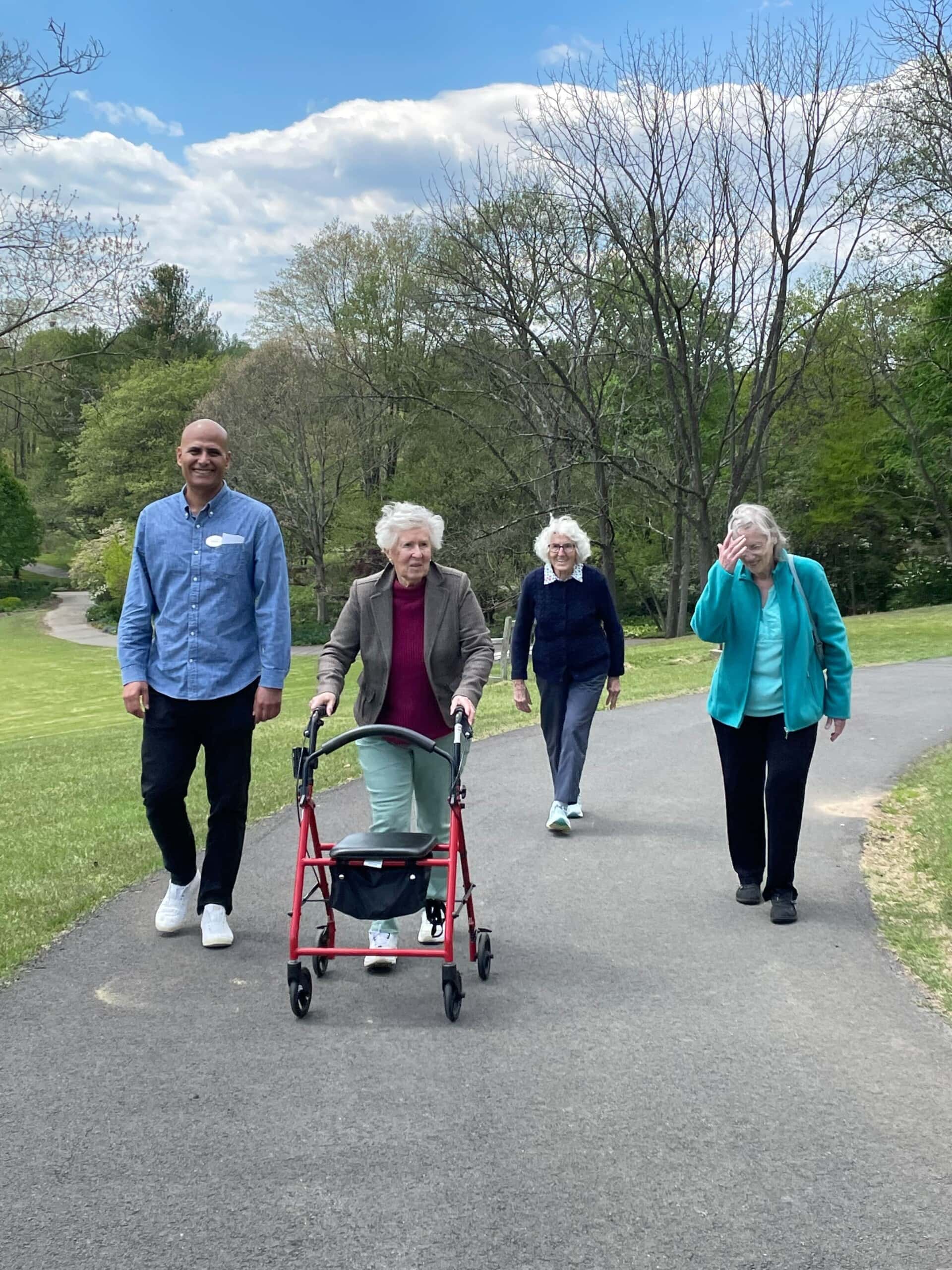
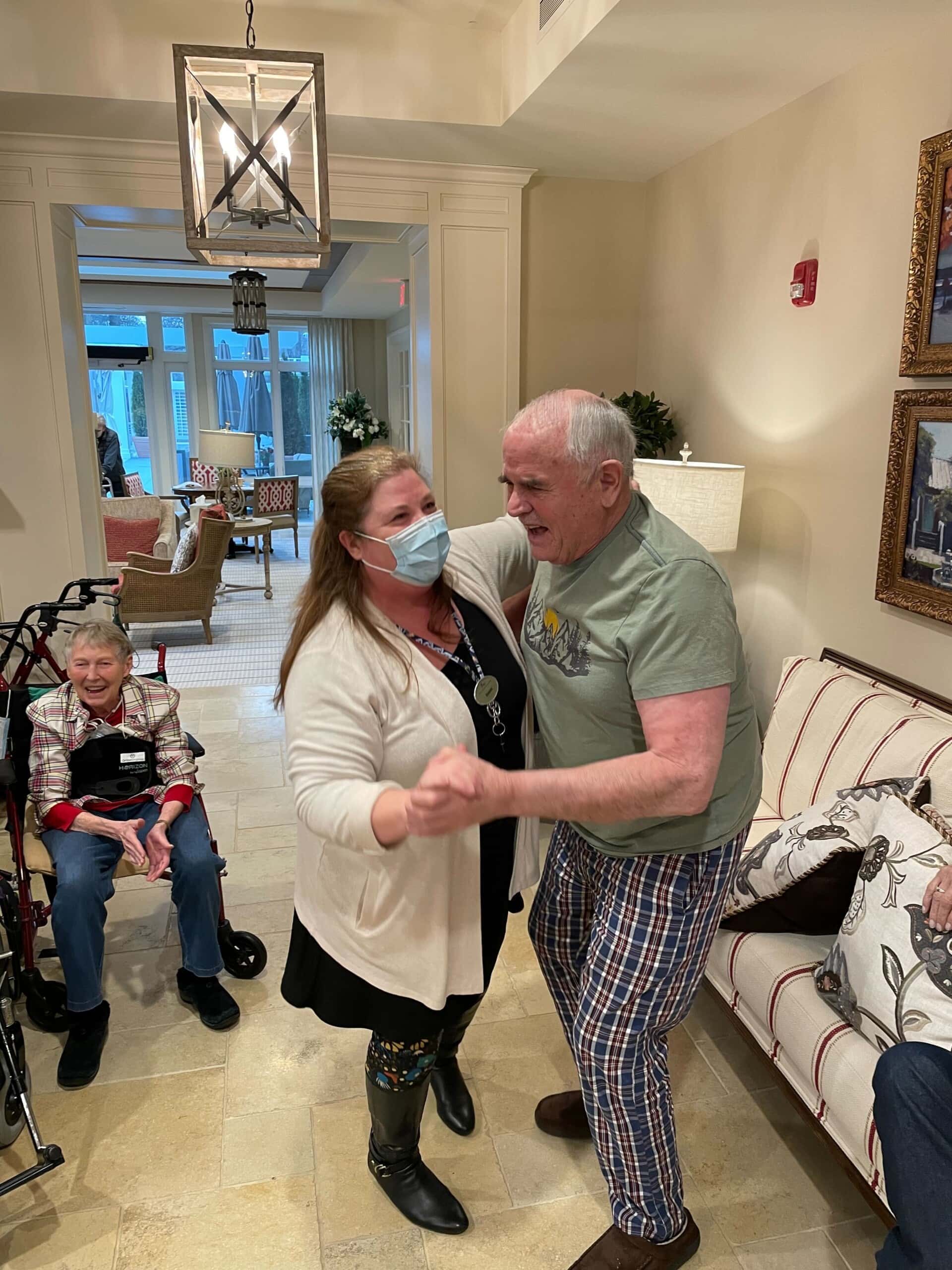
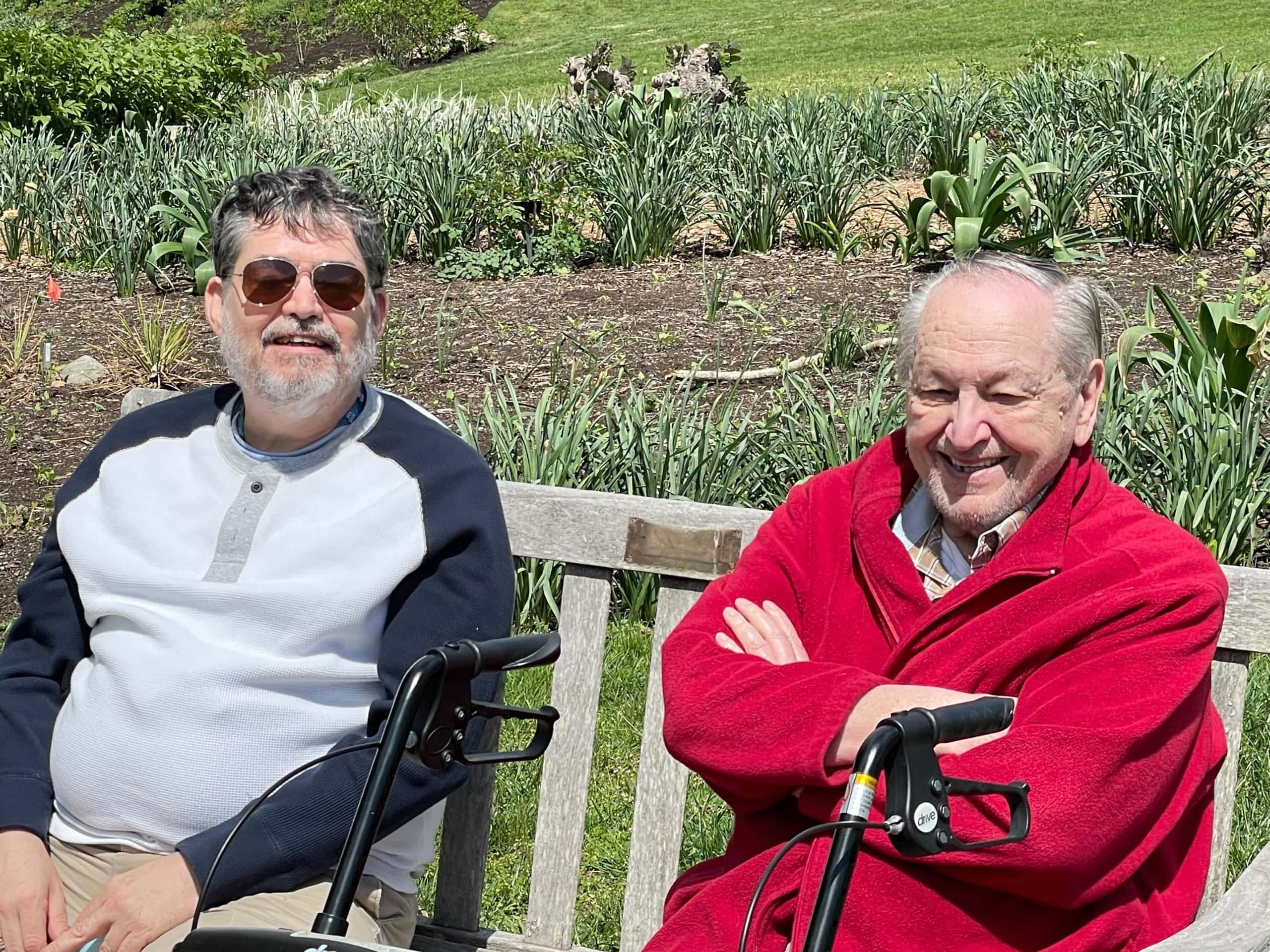
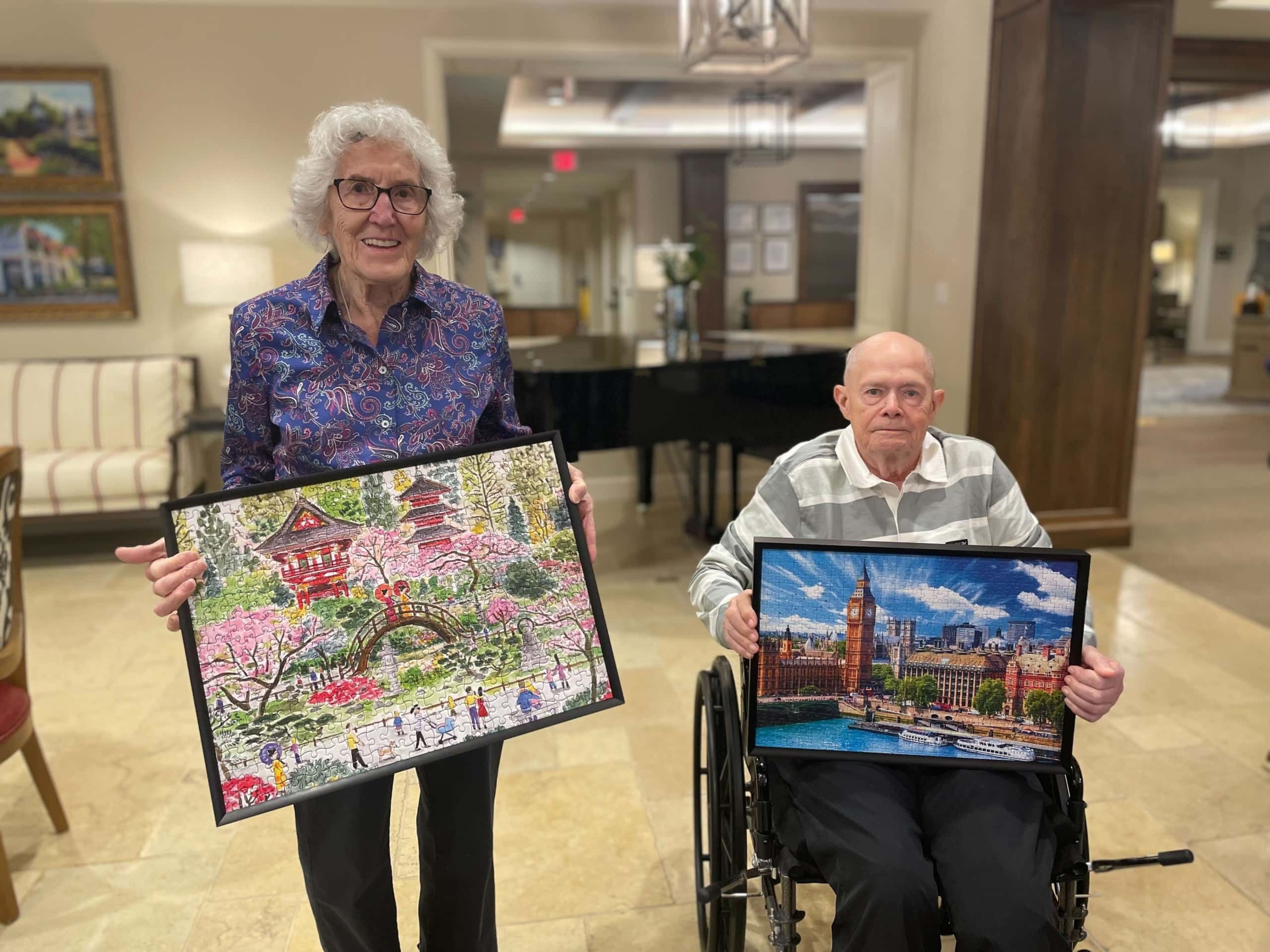
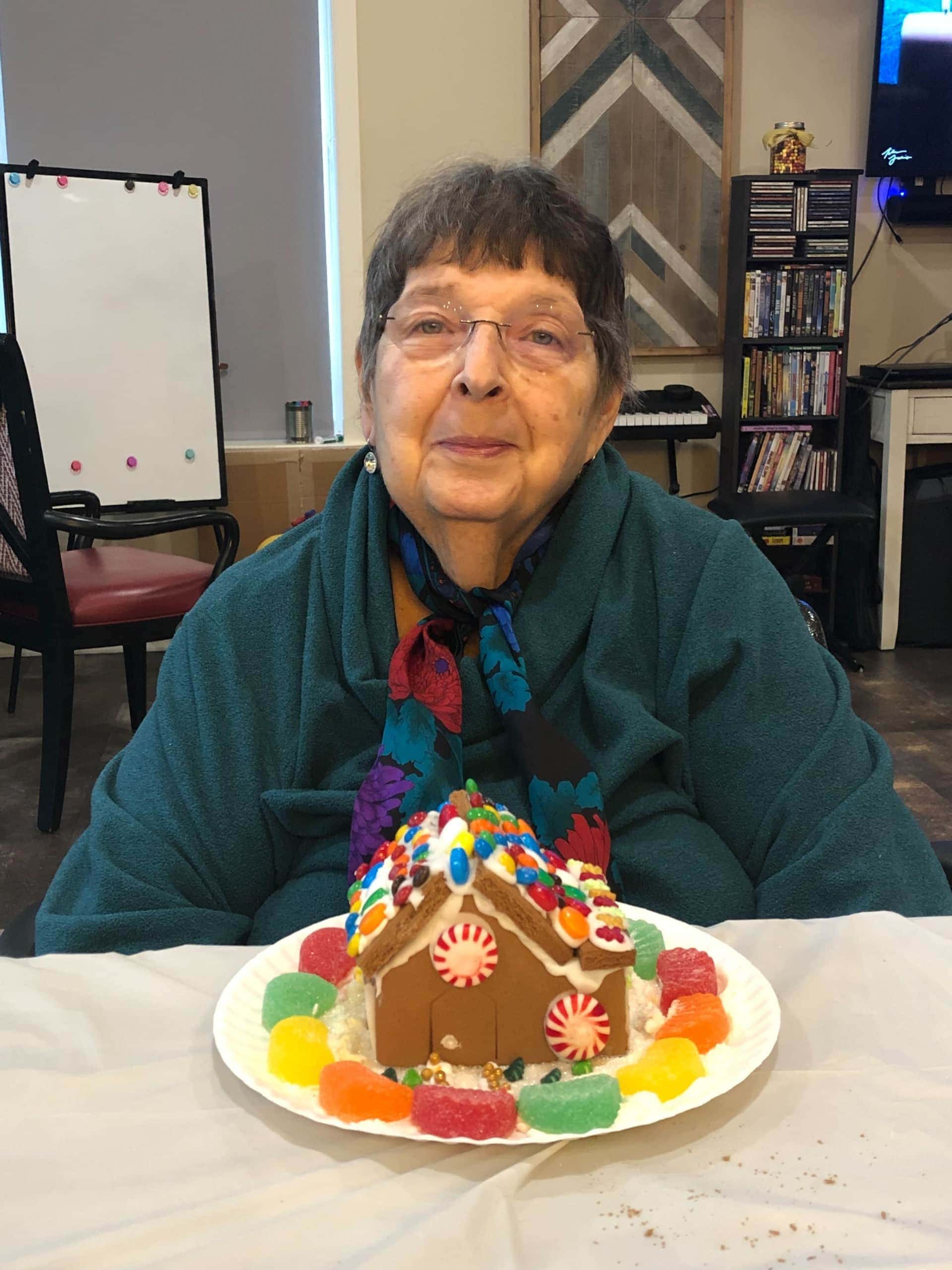
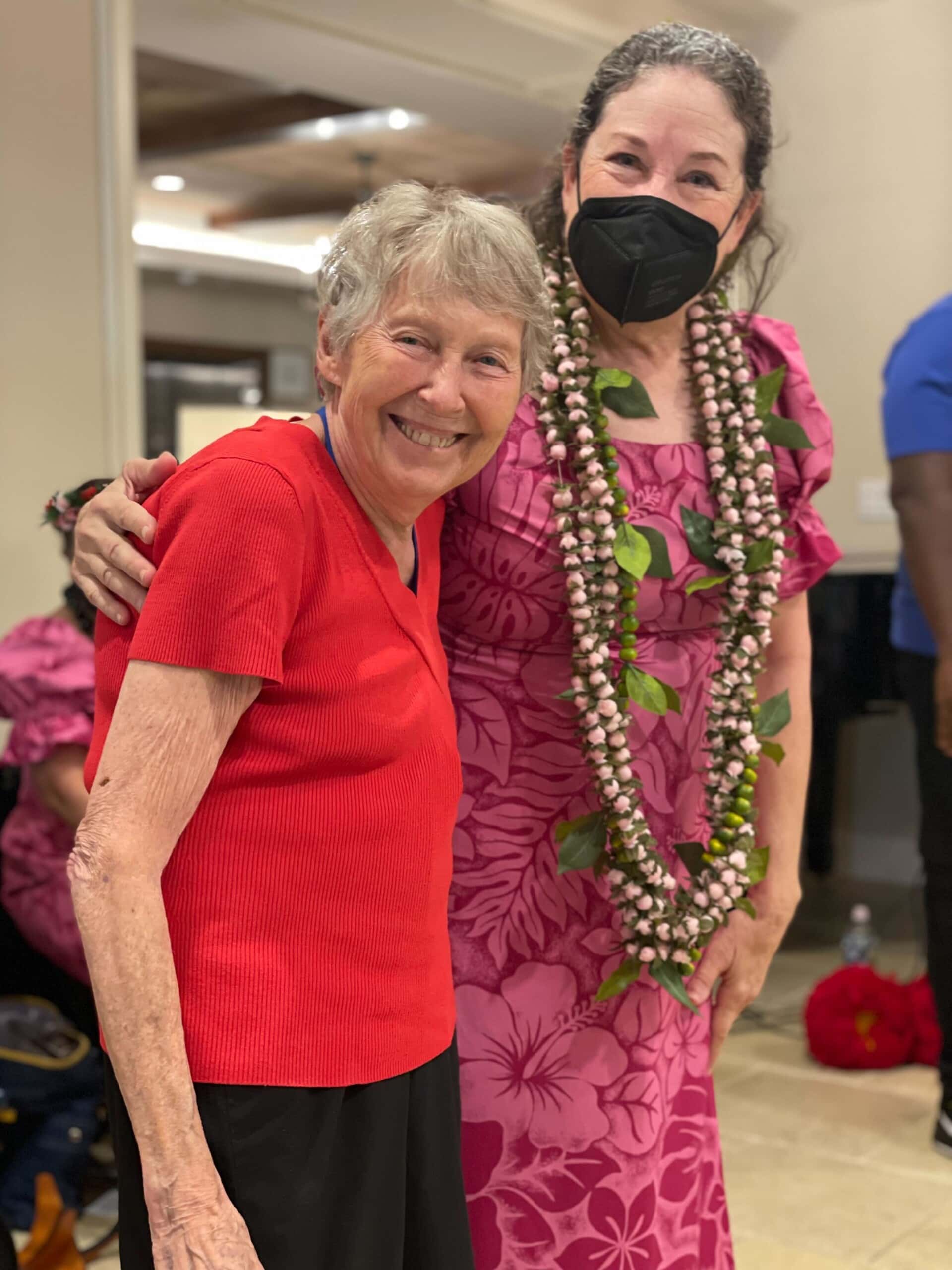
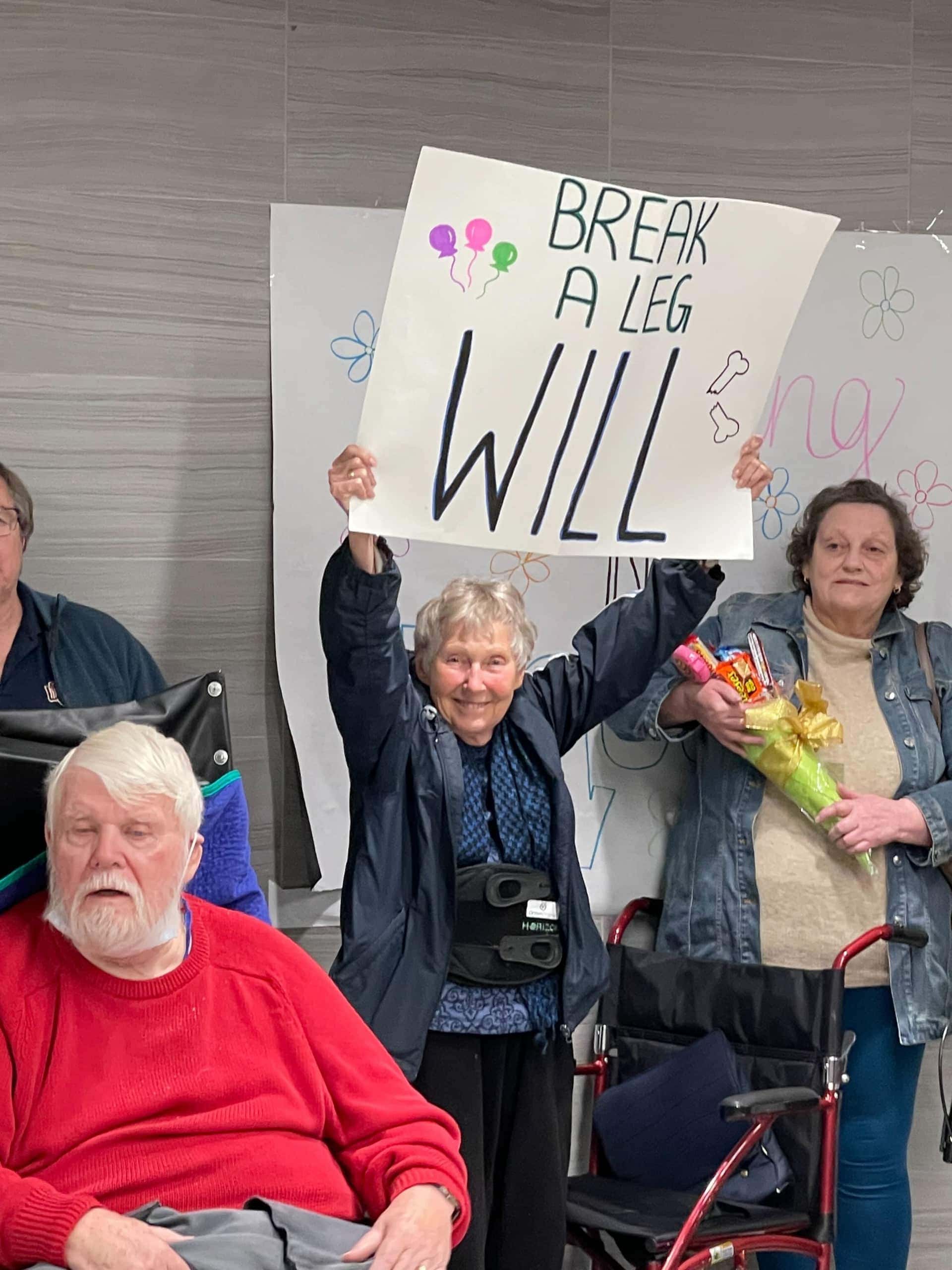
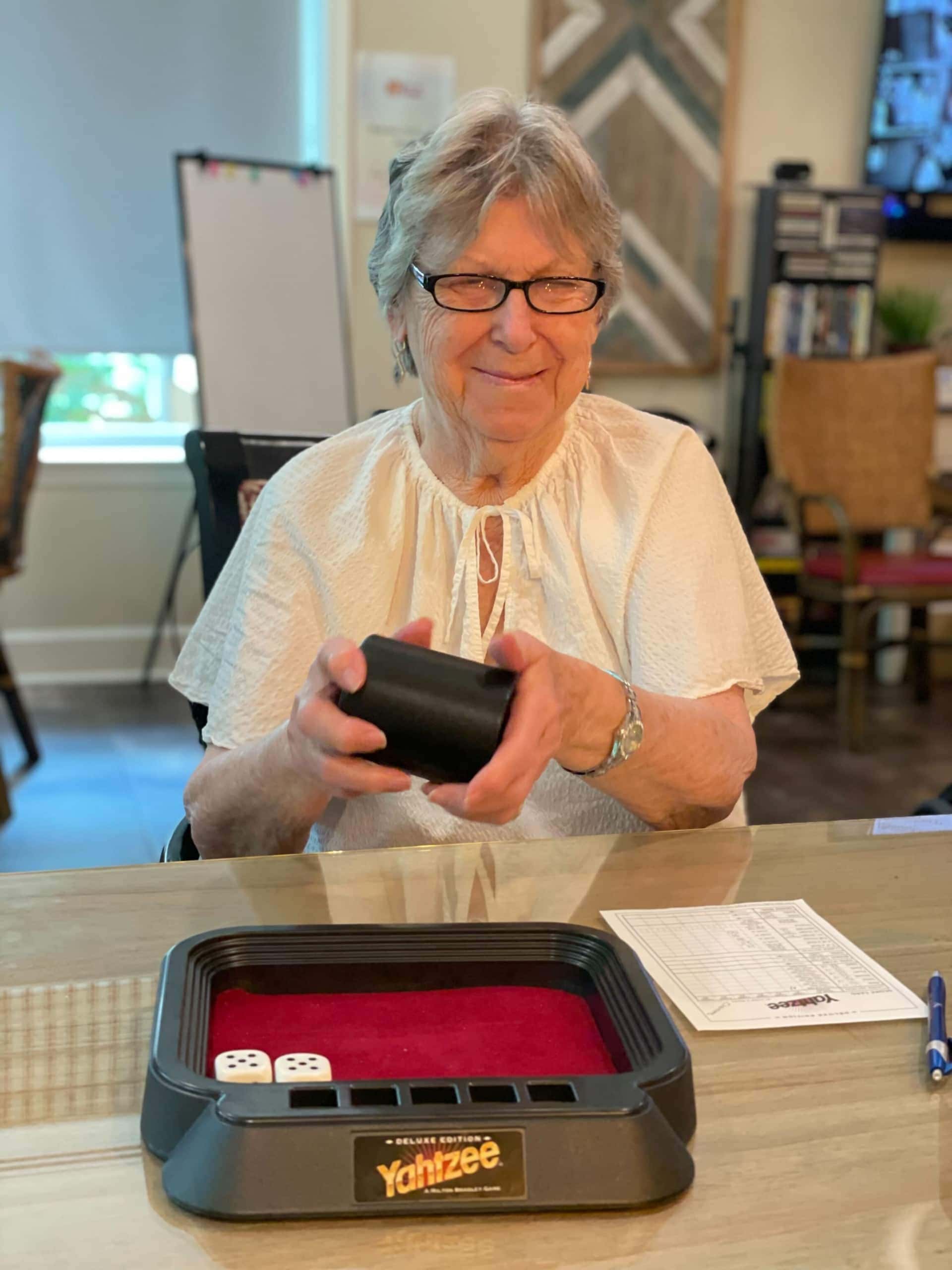
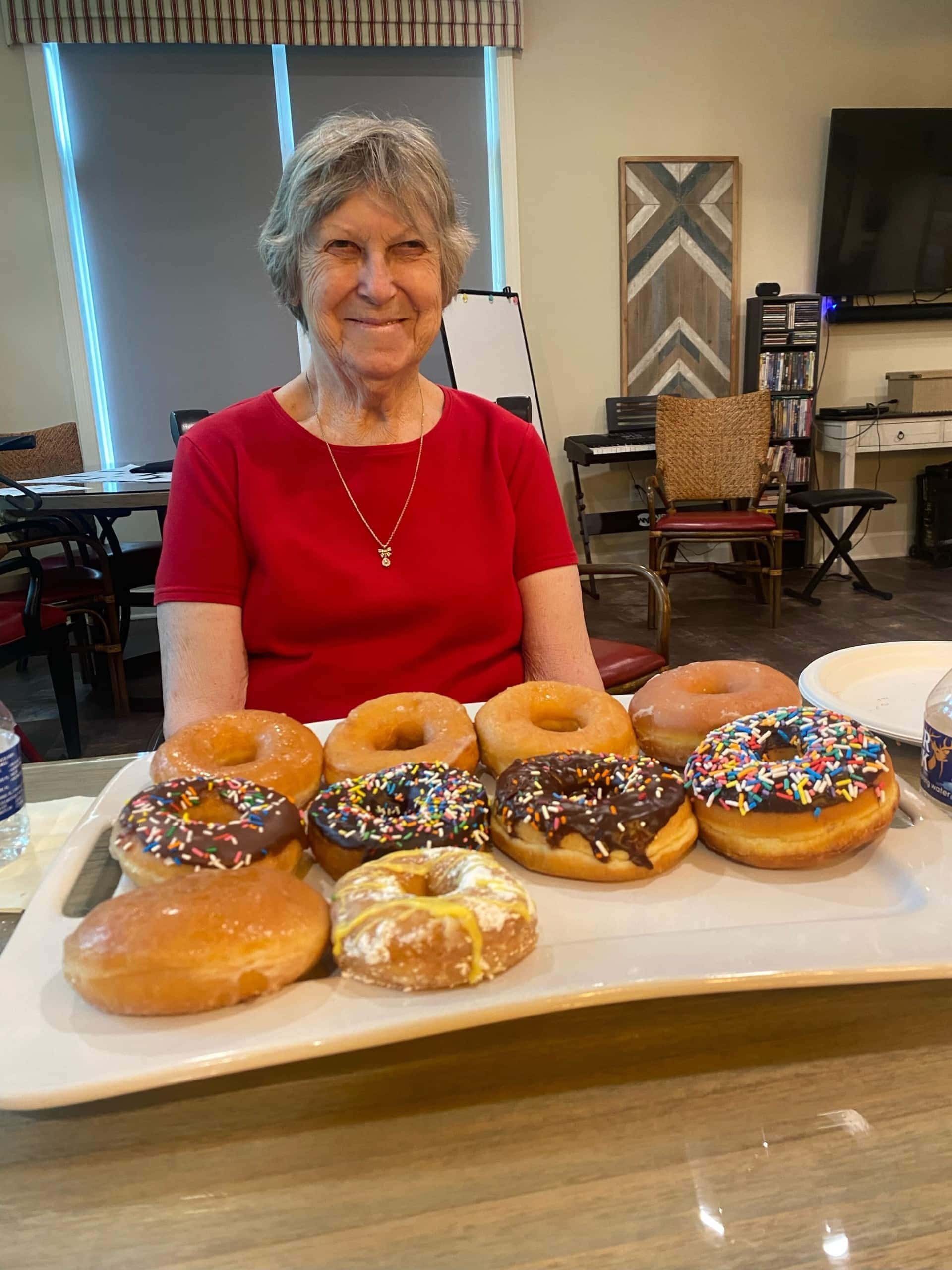
The Benefits of Small Group Activities
• Maintain their current level of cognitive ability
• Express themselves through creative endeavors
• Develop a sense of purpose and belonging
• Enhance intellectual, emotional, and physical well-being by moving the body
• Improve connection with themselves through reflection
• Learn, adjust, and reinforce knowledge and skills with non-judgmental assistance
• Engage with peers safely and with support